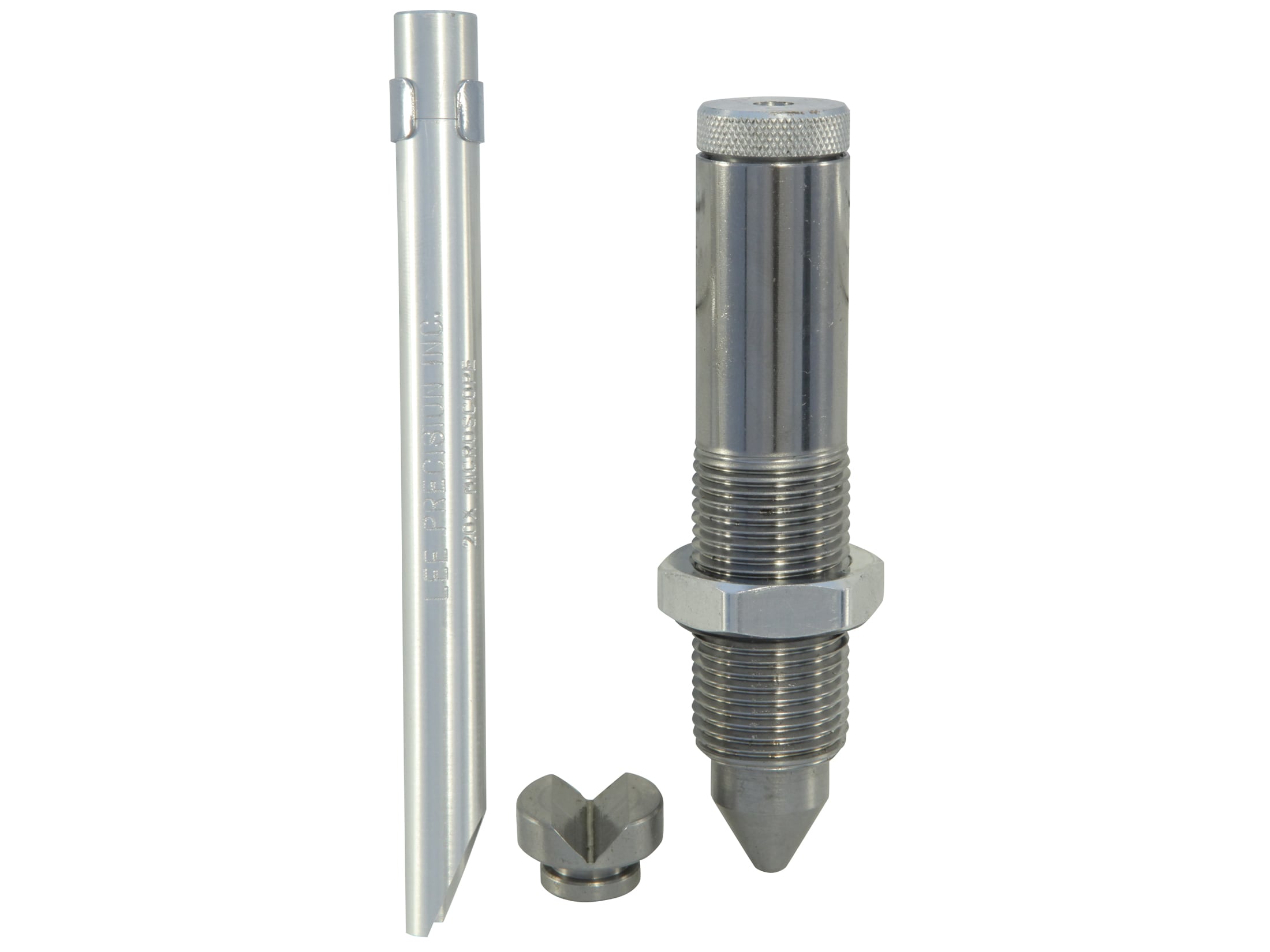Been out of shooting for a few years, and now getting back into it, and not sure why I never thought to ask this......
I own a roofing company here in Texas. Alot of homes that we re-roof have lead pipe boots / lead pipe jacks (whatever you want to call them) that we replace. Sometimes they're painted to match the roof, but sometimes not.
Anyone know if these would be a viable source of lead if I were to ever considering swaging my own slugs?
I own a roofing company here in Texas. Alot of homes that we re-roof have lead pipe boots / lead pipe jacks (whatever you want to call them) that we replace. Sometimes they're painted to match the roof, but sometimes not.
Anyone know if these would be a viable source of lead if I were to ever considering swaging my own slugs?
